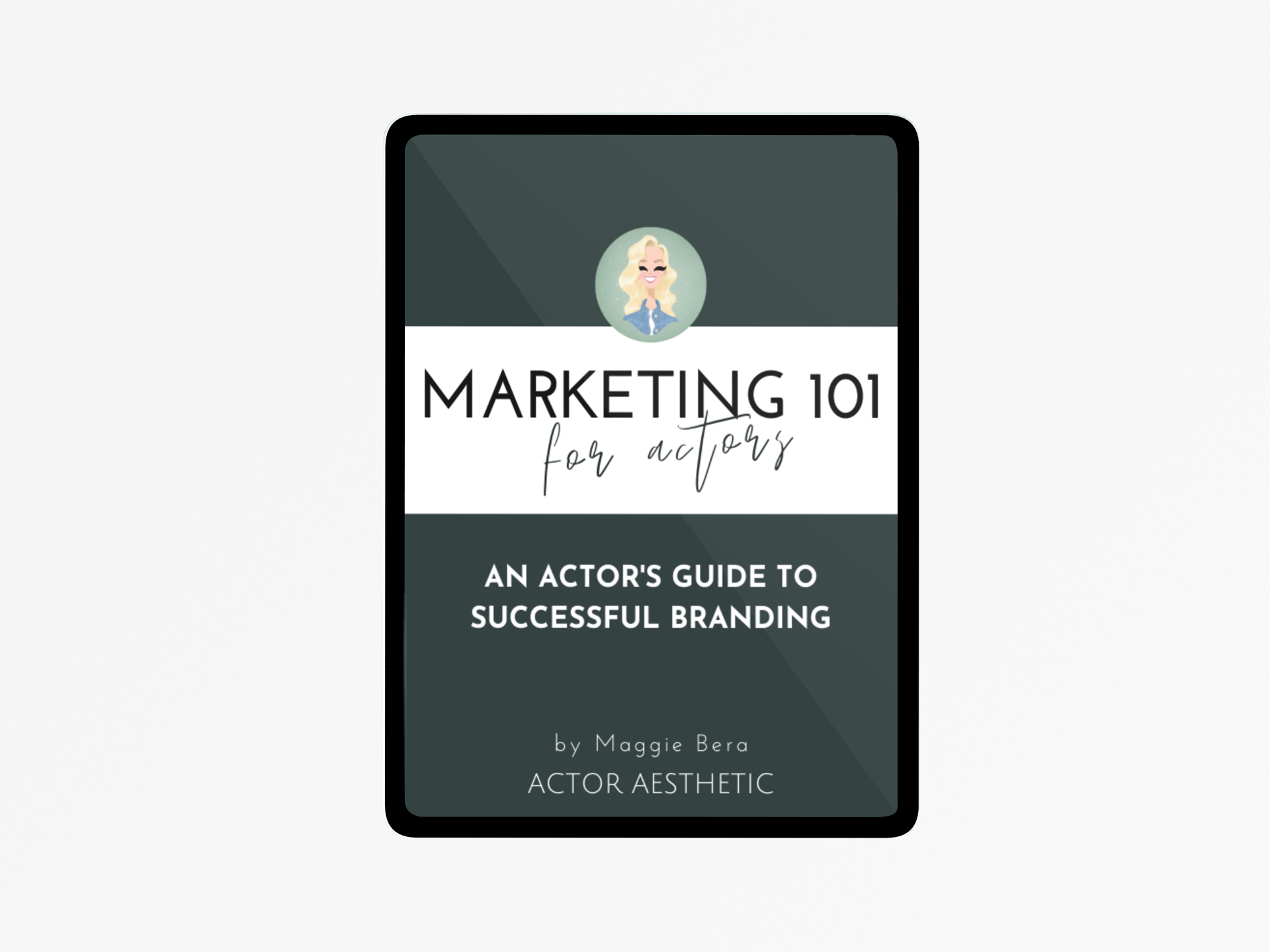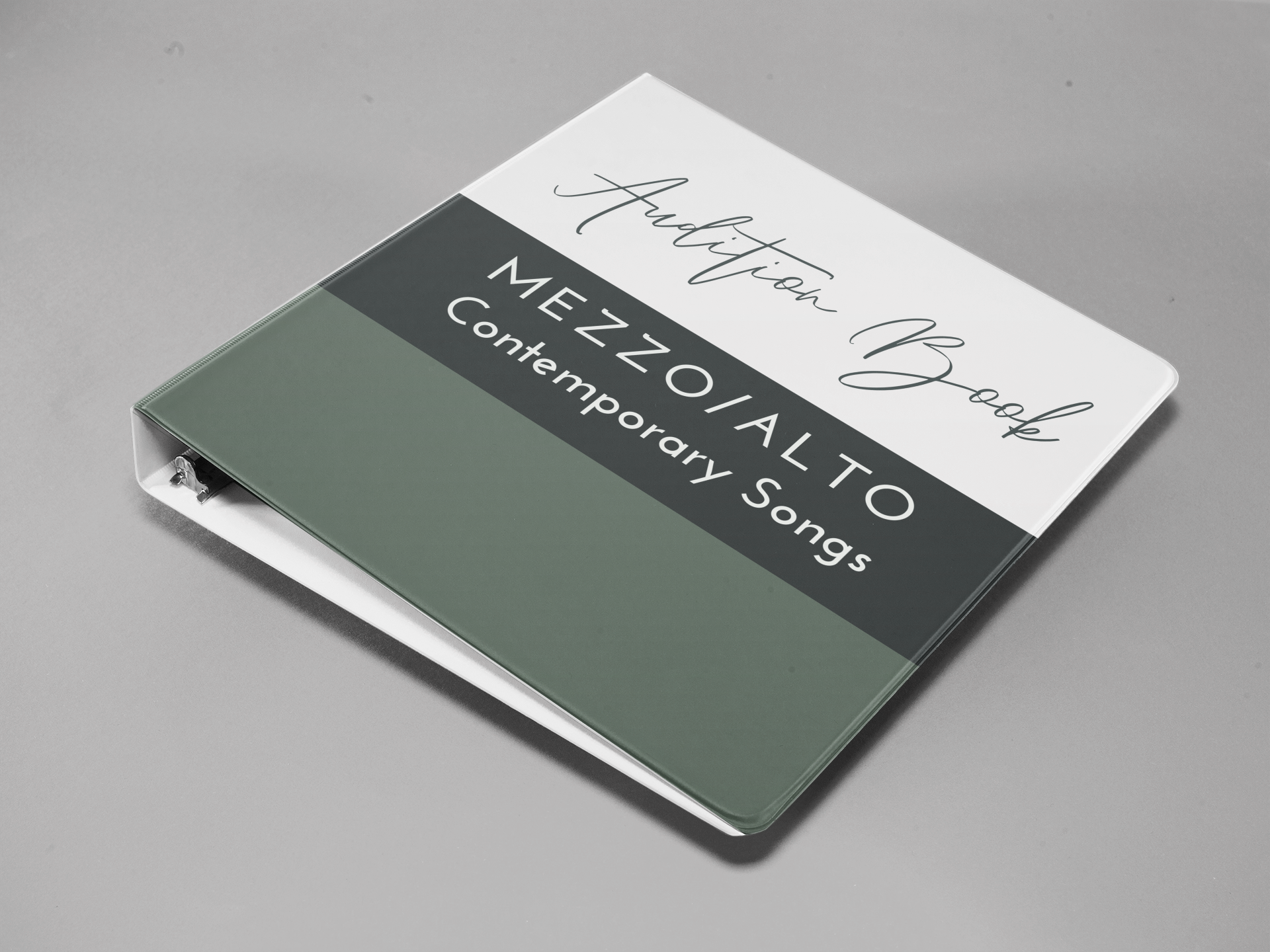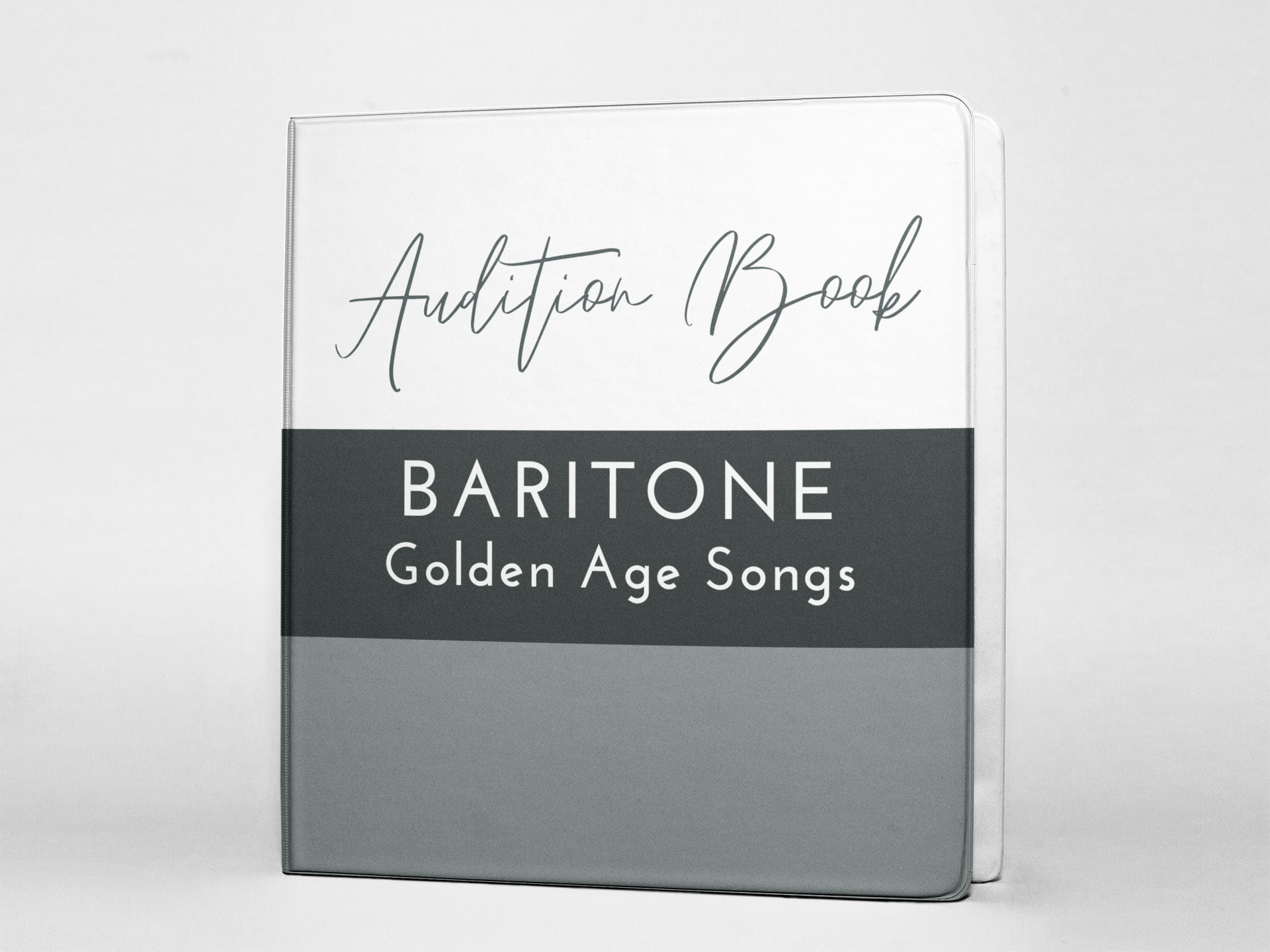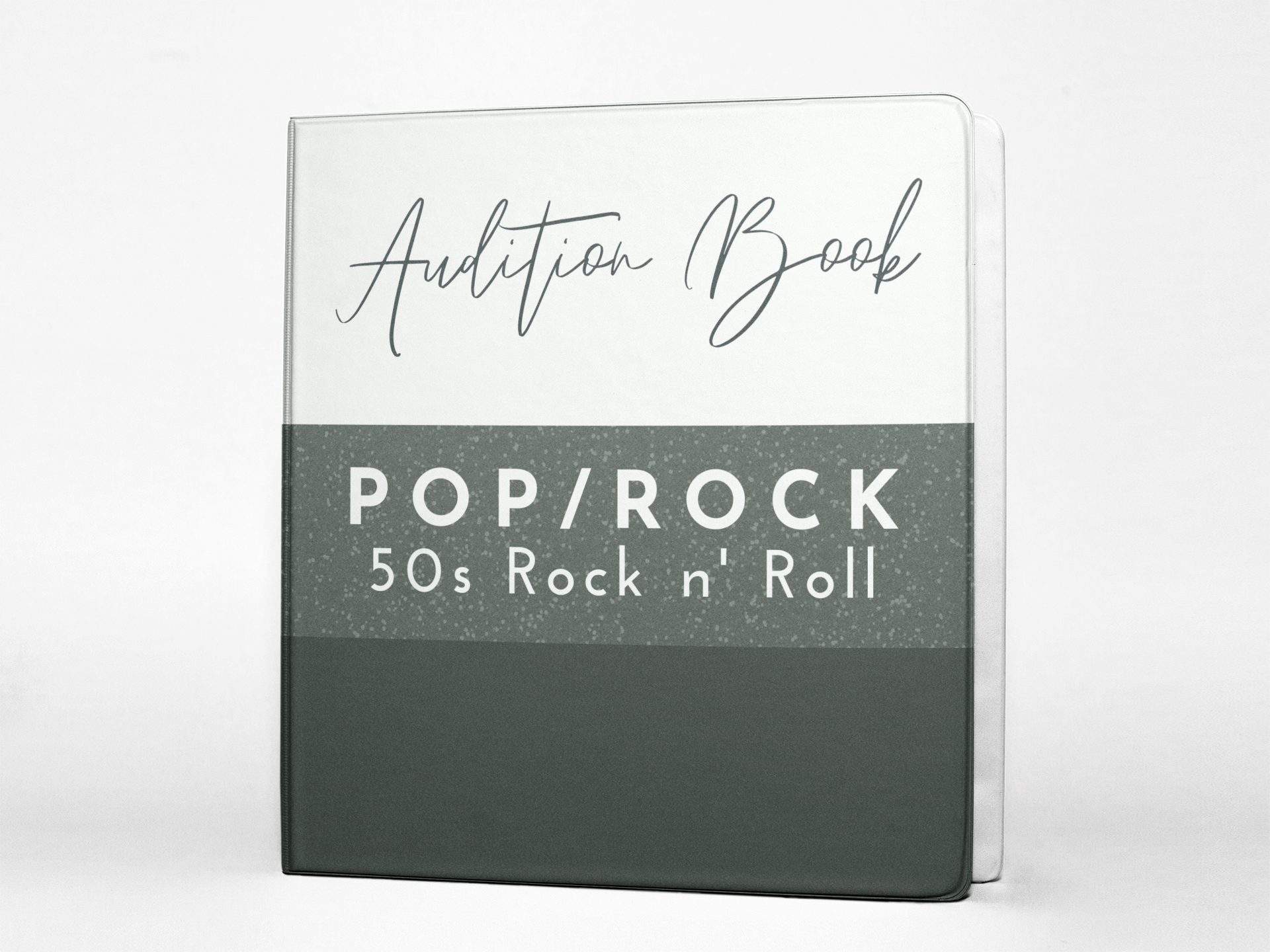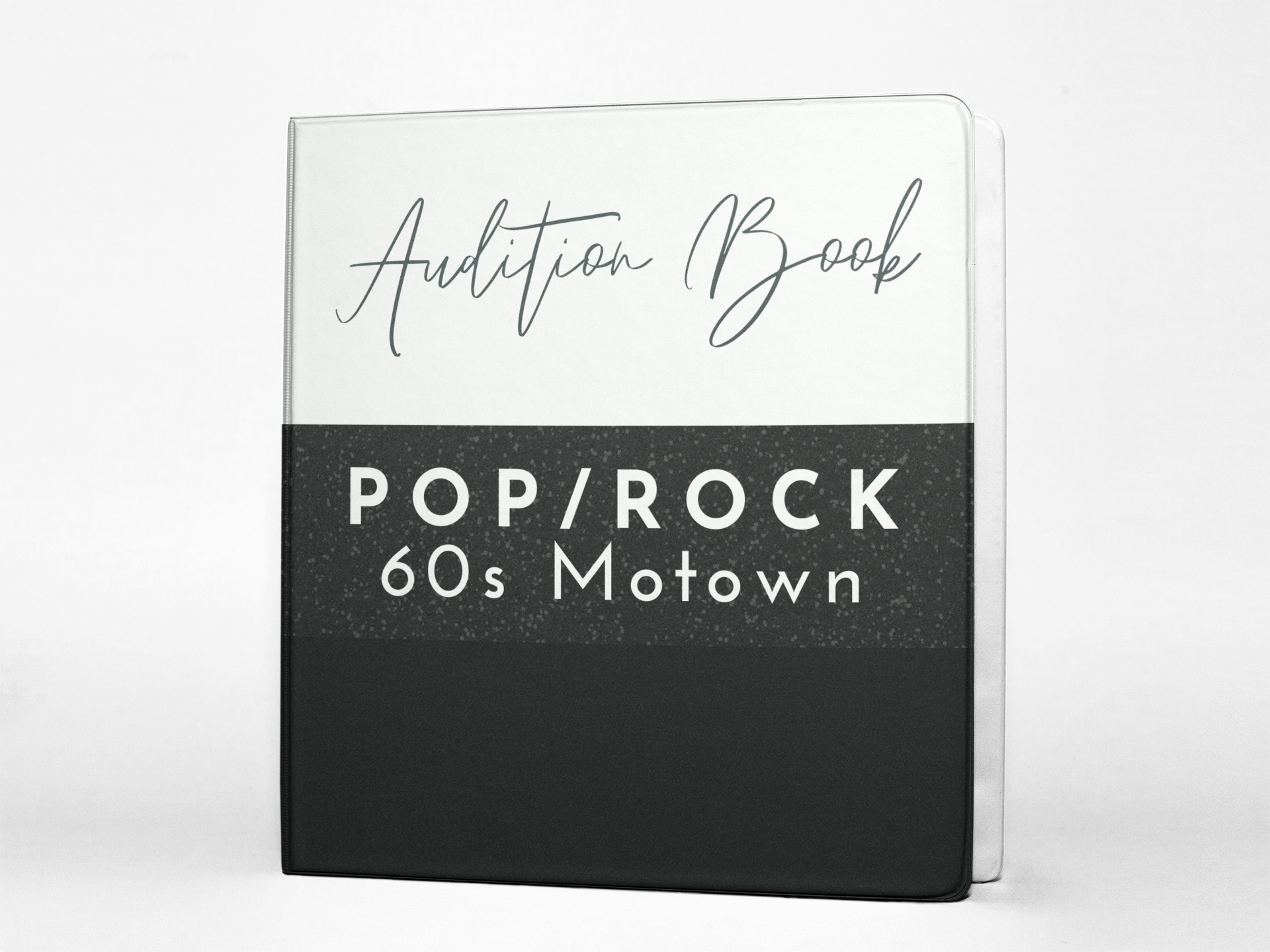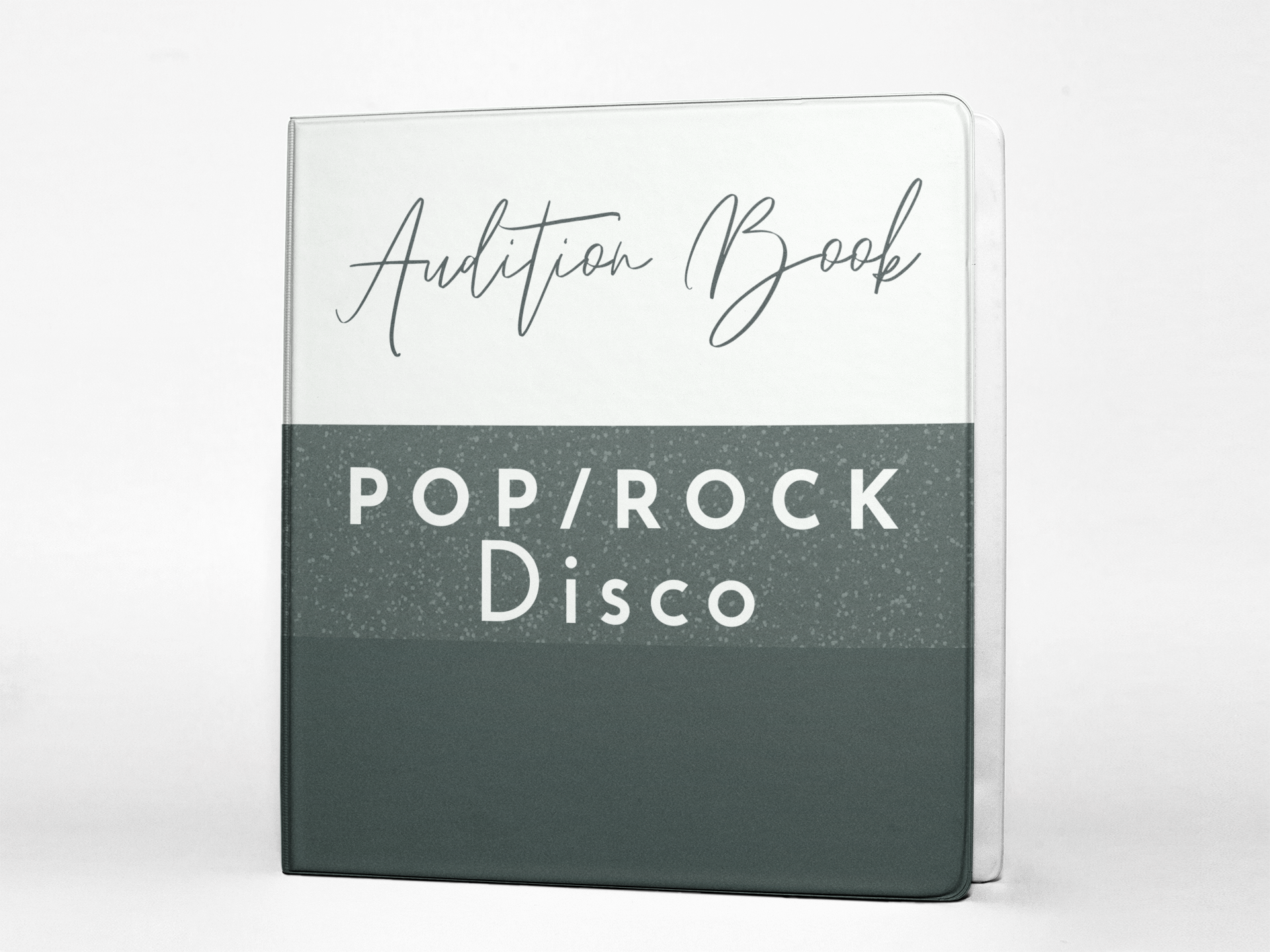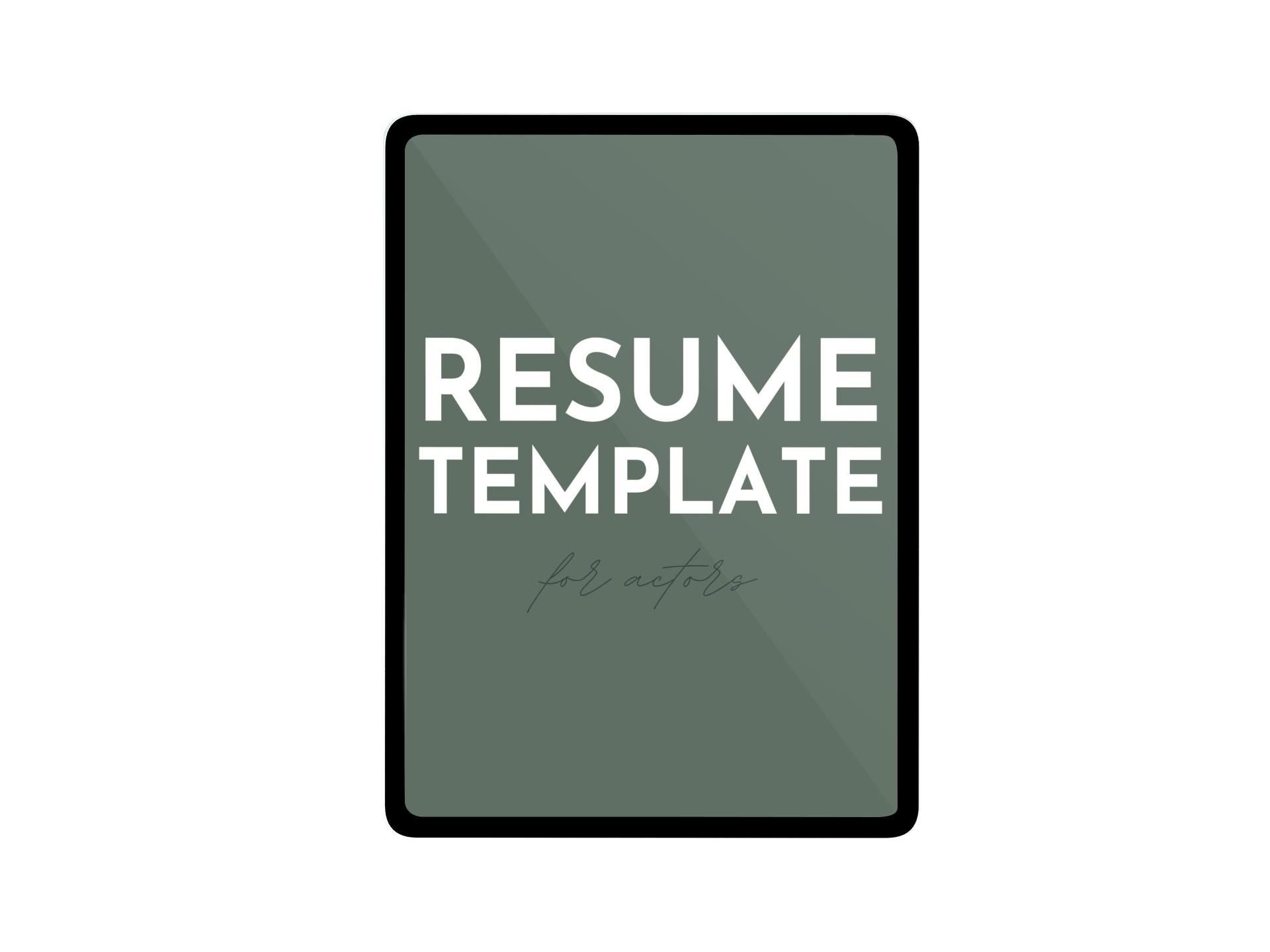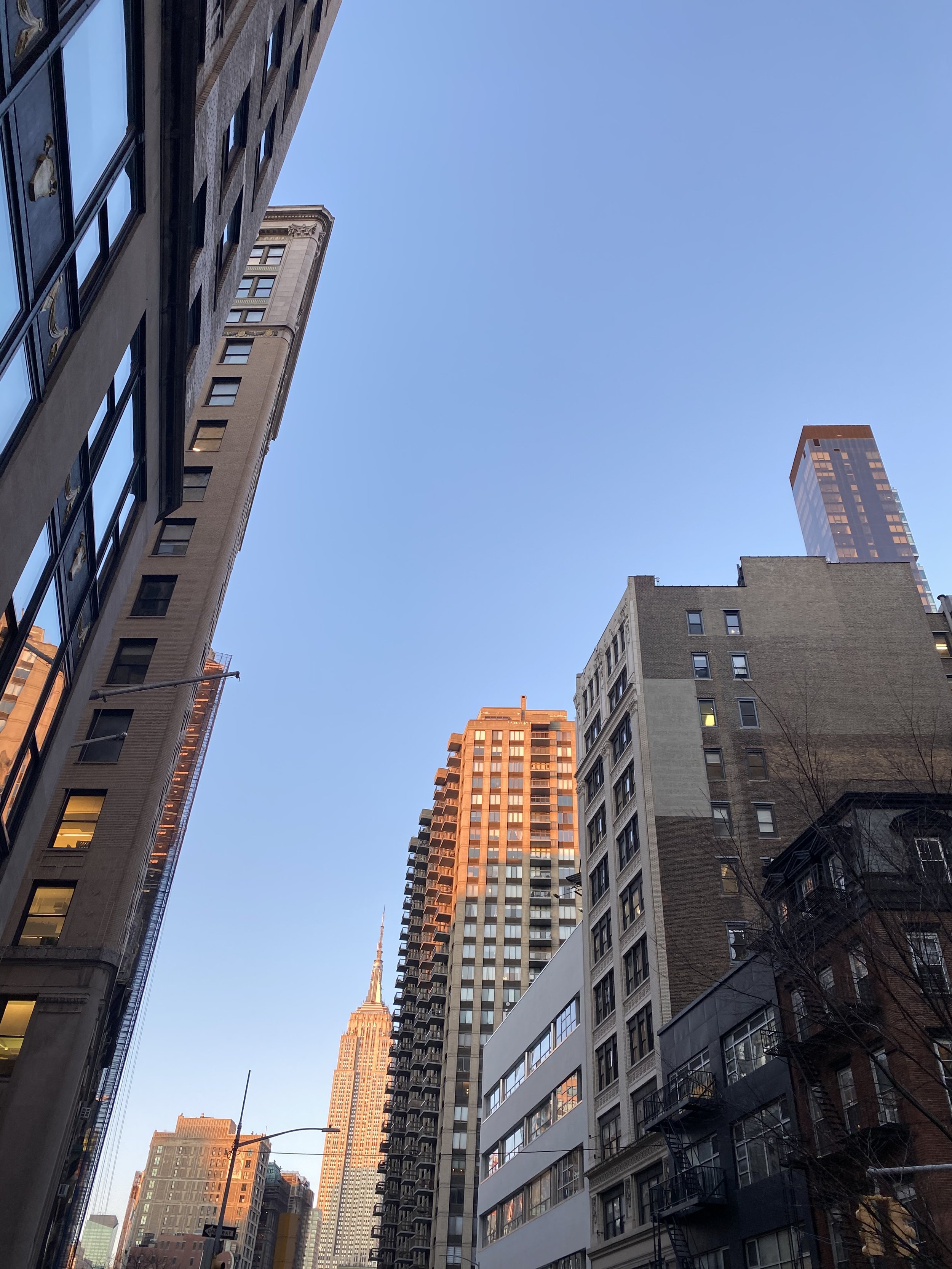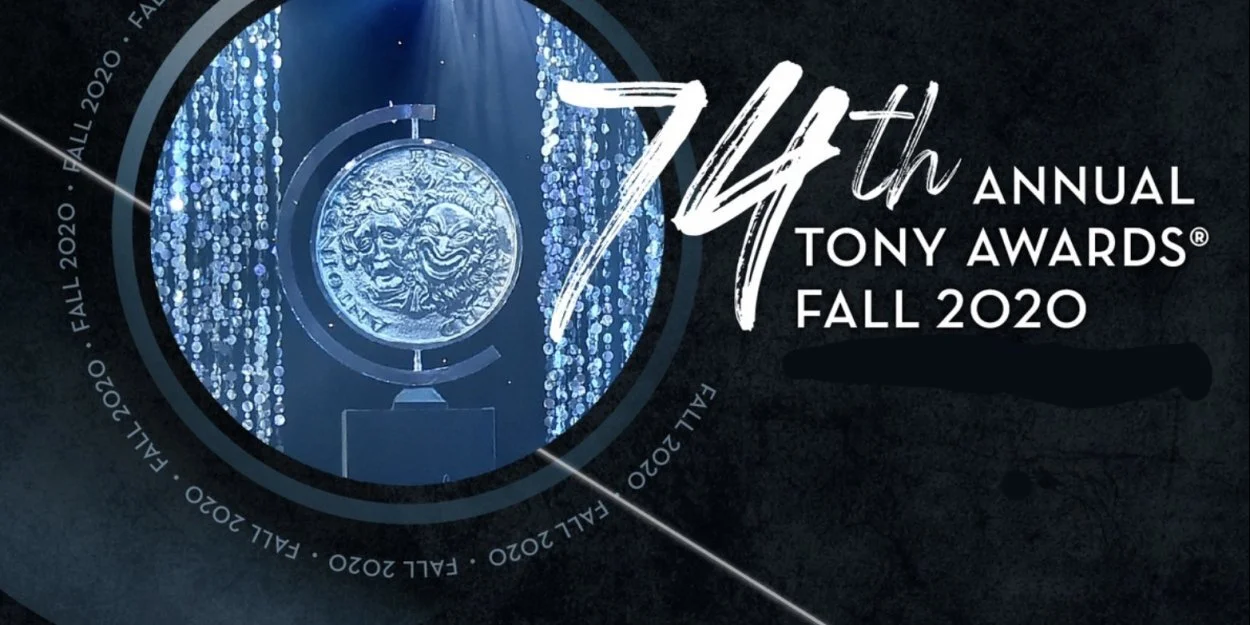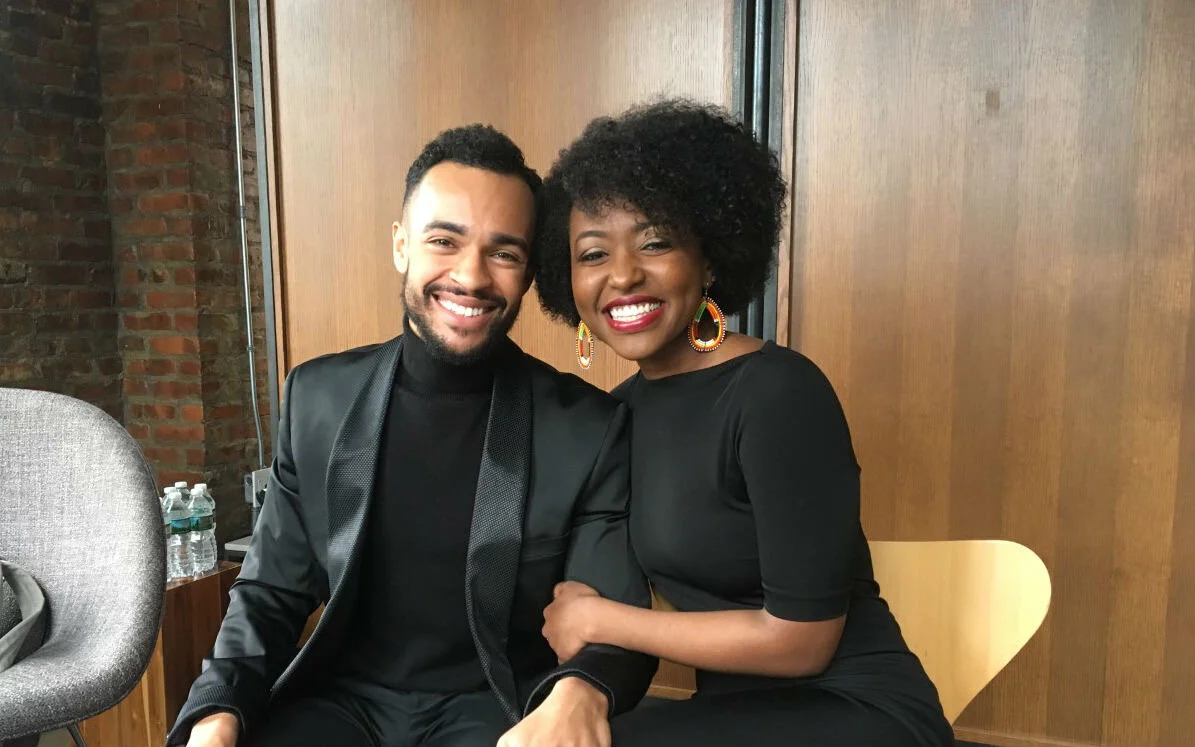10 Things Student Actors Can Do During COVID-19 School Closures
College programs and universities all over the country are taking extra precautions by temporarily shutting down due to the coronavirus pandemic. Some of the university closures in New York City include NYU, Pace, AMDA, Marymount Manhattan, and Columbia.
What does this mean for students taking performing arts classes?
COVID-19 concerns have caused hundreds of thousands of students to take to online courses. Because of the nation-wide shutdowns, many theatre students are forced to forfeit performing arts classes, school productions, concerts, and showcases.
So what can student actors do in the meantime?
Here are my top ten things student actors can do at home to continue their training during the COVID-19 pandemic.
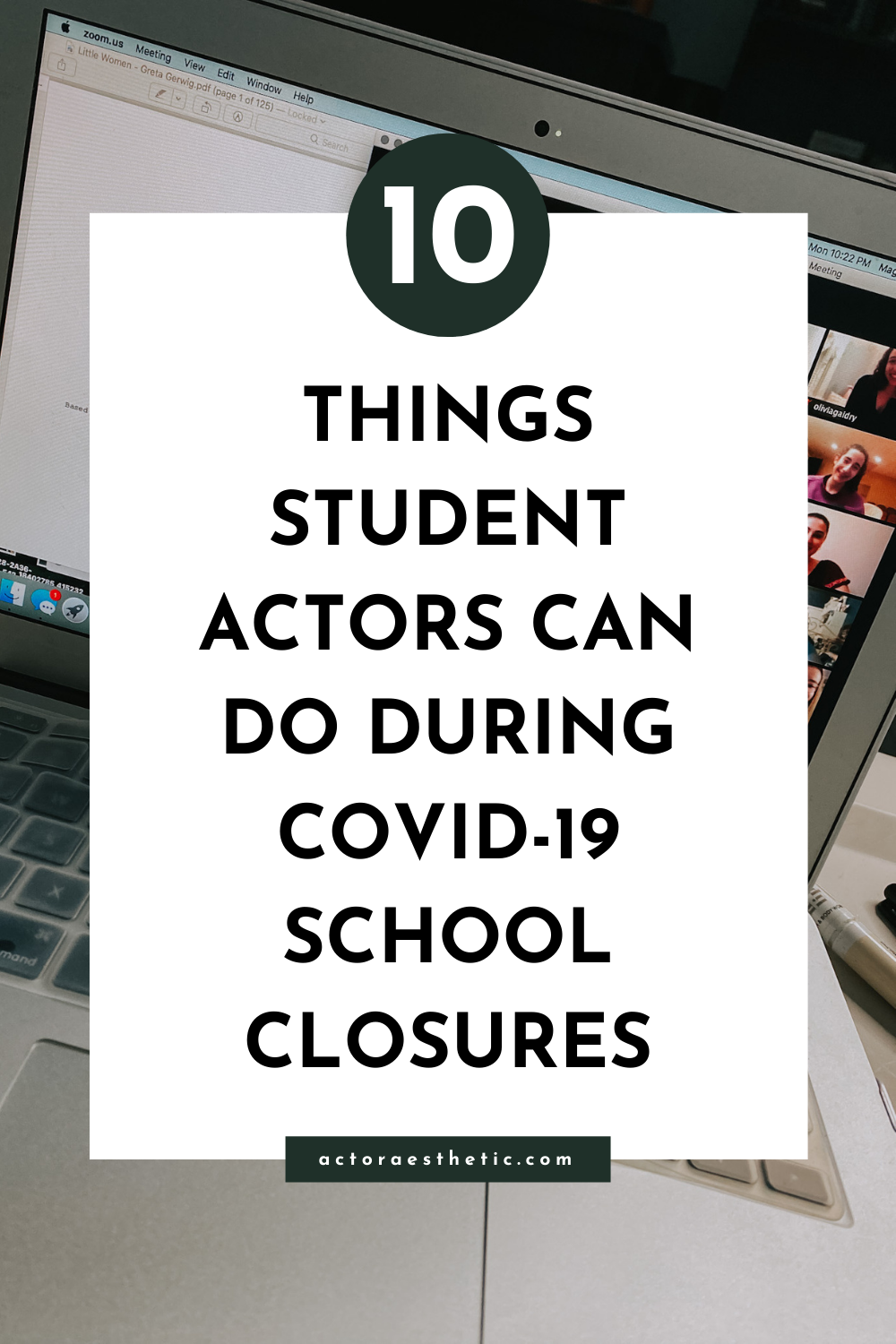
1. Make self-tapes.
Many auditions around the country (especially in New York City) are canceling last minute and asking actors to submit self-tapes. Now is the time to hunker down and put your best material on tape.
2. Make or refine your website.
Since we live in such an online, on-the-go world, every actor needs a website. If you’re pursuing a professional career and you don’t have a website, you’re probably losing out on opportunities you don’t even know exist.
Casting directors, agents, managers, directors, musical directors, stage managers, producers, choreographers, even fellow actors WILL google you. It makes good business sense to have a professional website readily available.
Make it easy for the theatre industry to find you, see your work, and contact you.
3. Read some new plays.
Now’s the time to get to reading.
Not sure where to start?
Look for lists and check out the plays that have won awards in the past. The Kilroys. The Obie Awards. The Lucille Lortel Awards. The Outer Critics Circle. The Drama Desk Awards. The Drama League Awards. The Off-Broadway Alliance Awards. The Princess Grace Award. The Relentless Award. American Theatre Critics Association Awards.
You may even be able to find new audition monologues!
4. Re-do your audition book.
An audition book is the music you take with you to auditions, the same way a model or designer brings a portfolio to interviews.
Every audition book should contain songs that cover multiple genres of music. Auditions for musicals these days ask actors to bring in all different types of music, including Contemporary Musical Theatre, Traditional and Golden Age Musical Theatre, Operetta, Pop, Rock, Hip/Hop, R&B, Folk, Country and more.
Have some holes in your audition book? Take a look at some of these song suggestion lists below.
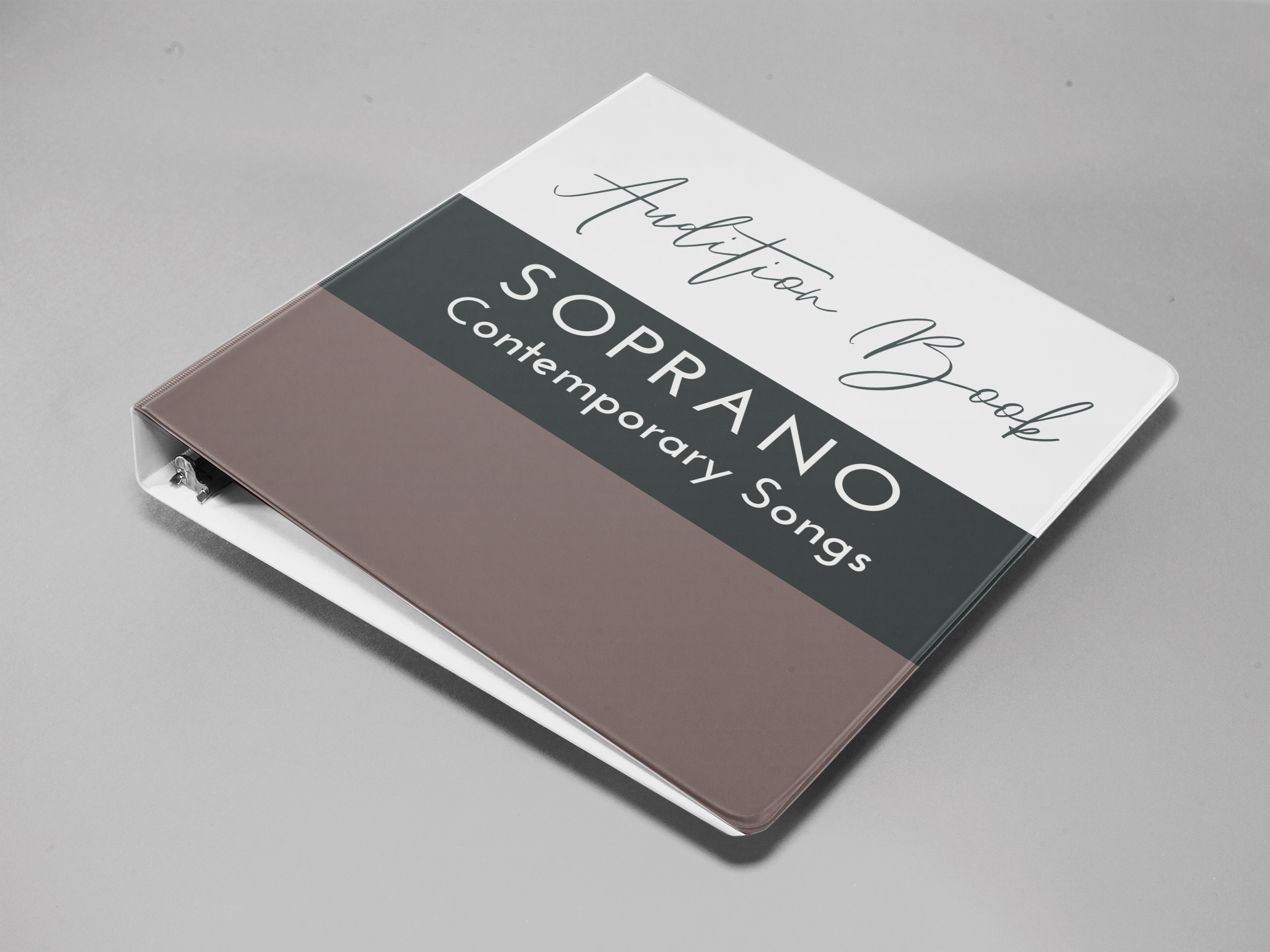
5. Listen to Theatre podcasts.
Consume all the media you can online right now. There are hundreds of excellent podcasts I’d recommend (besides the Actor Aesthetic Podcast, of course!) Check out Why I’ll Never Make It, The Ensemblist, Live At Five, A Dancer’s Guide Podcast, A Balancing Act, Breaking Broadway with Kerry Butler, and Josh Swallows Broadway, Equity One: Broadway’s Happy Hour, and The Ladies Who Lunch with Donna McKechnie.
6. Create an inspiration board.
An inspiration board is a “mish-mash of images, illustrations, colors, words, fonts, and textures that define the direction of a project. They can be used for anything from planning a wedding to building a website, to decorating a bedroom, and are created digitally or physically using bits of everyday inspiration.”
Pinterest is a great tool for creating an inspiration board.
Throw together images of shows you’d love to be a part of, roles you want to play, actors you admire, cities you’d like to explore, artists you’d love to work with, etc.
7. Coach your material online.
I know it’s not ideal. But coaching your material online is a viable option for actors and teachers stuck at home. Prep for auditions, re-do your audition book, and find some new material through online coaching sessions.
8. Revamp your resume.
Aside from headshots, a resume is an actor’s number one tool for getting into the audition room. Take this time to get rid of any old credits, add some new special skills, and update all your information.
9. Check in on friends and loved ones.
This is a scary time for everyone - especially the elderly and compromised. Check in on loved ones and make sure they have what they need to stick it out. It takes a village.
10. Stay vigilant and stay healthy.
Because there is no vaccine to prevent the Coronavirus, the best way to prevent illness is to avoid being exposed to this virus.
The virus is thought to spread mainly from person-to-person.
Between people who are in close contact with one another (within about 6 feet).
Through respiratory droplets produced when an infected person coughs or sneezes.
Wash your hands frequently. Use hand sanitizer when necessary. And stay home when you’re feeling sick.
Find this helpful? Be sure to check out the Actor Aesthetic podcast. New episodes every Monday.

Master the art of self-taping with minimal equipment! This guide covers easy lighting, camera setup, and framing tips—perfect for actors auditioning for Heathers: The Musical and beyond.
Looking to sharpen your acting skills in NYC? From Meisner to on-camera training, these top acting classes will help you book more auditions and level up your career in 2025.
Struggling to get seen at auditions as a non-union actor in NYC? With Equity’s Open Access policy making union auditions more competitive than ever, non-union performers are facing more challenges—including chaotic unofficial lists and early morning sign-ups. Should non-union actors organize for better access, or is joining Equity the only solution?
Ready to move to New York City? Here are the top neighborhoods you should check out before taking the plunge as an actor in the big apple.
Learn the latest ways to join Actors' Equity Association, including the new Open Access program.
Discover 10 actionable tips to enhance your audition book and impress casting directors.
Getting involved in a 54 Below show requires a combination of talent, preparation, and networking.
Whether you have to memorize a monologue, a scene, or an entire show, here a 5 tips to help you get started.
Wait for up to 6-8 hours, and then to hear the dreaded words that no non-union artist wants to hear: “Sorry, we’re not seeing non-union today.”
With a strong work ethic, a positive mindset and mentors that can guide you, you’ll get through the process just fine!
It doesn’t come without hardships, misunderstandings, and challenges…but I can guarantee you that it’s so worth it.
From modern day favorites by the stars on your favorite television shows, to classics by the pioneers of modern theatre, here are your top 13 must reads for actors.
Find out who’s nominated for the American Theatre Wing’s 74th annual Tony Awards, presented by The Broadway League and the American Theatre Wing.
So whether you’re just starting out in the biz or a longtime pro, the search for the perfect monologue never ends.
With nearly all auditions and performances going virtual due to coronavirus concerns, it’s more important than ever to invest in the essentials.
BIPOC actors are using social media to share their stories of racism in the theatre industry - and their visions for change.
Learn about LGBTQ experiences through theatre and support queer playwrights of color. Buy their scripts. Read from cover to cover. Tell your friends. Start a dialogue. Amplify their voices.
Maggie Bera, creator of Actor Aesthetic, is an actress based in NYC. A proud member of AEA and SAG-AFTRA, she holds a Bachelor of Fine Arts in Musical Theatre from Texas State University.

